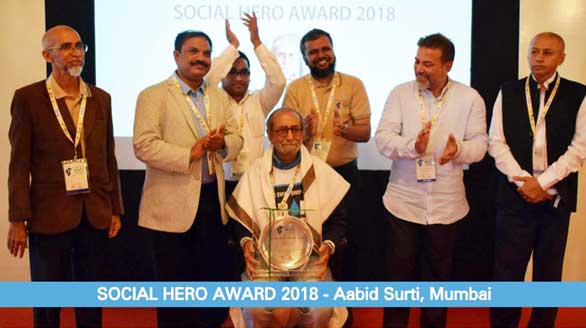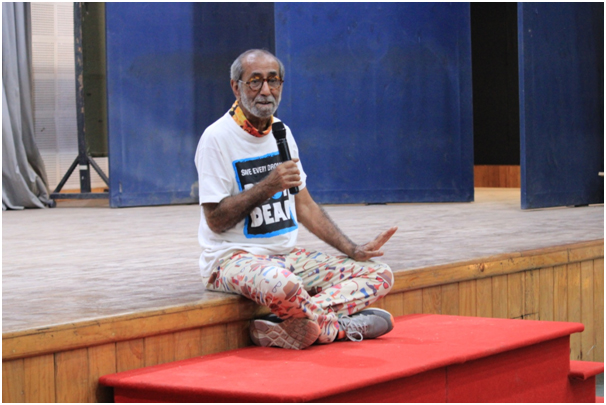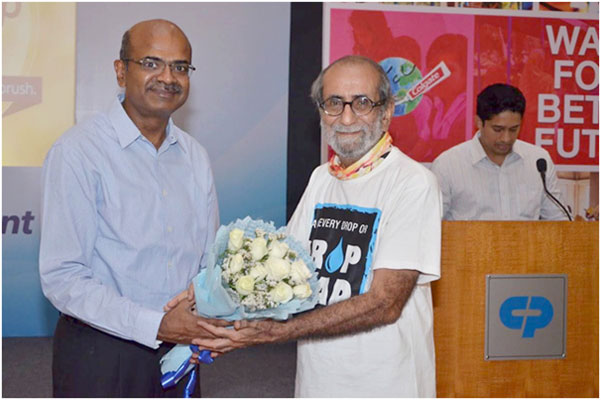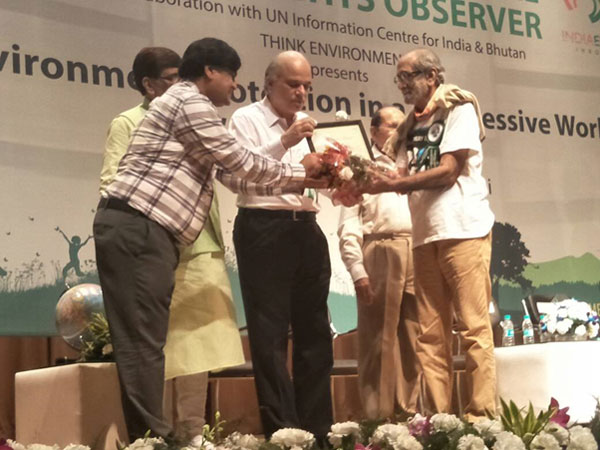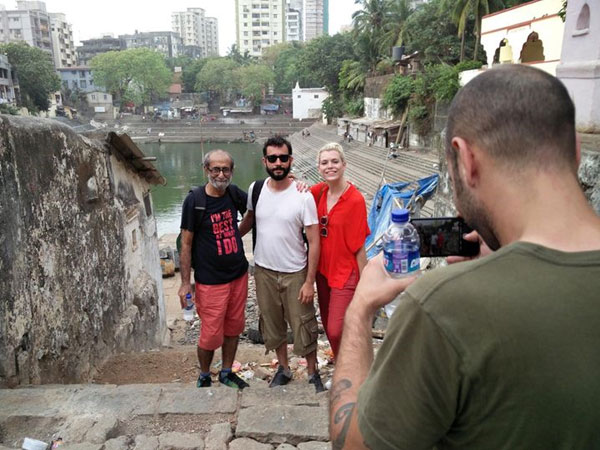...
Can Water Talk
Friends, ladies and gentlemen. I believe, thoughts are like seeds. We are not sure which thought will germinate into an earth shaking concept or an insignificant idea. Fortunately for me, my drop of a thought turned into a vast ocean- Qatra samandar ban gaya- just like a small seed that turns into a massive...
The World Water Day
The World Water Day event held at Colgate-Palmolive (India) Limited, Powai, 2017. (Images courtesy Poonam Sharma, Colgate) 25th May 2017...
World Environment Day in Delhi
Celebrated World Environment Day in Delhi with India Eye IHRO in collaboration with UN Information Centre of India & Bhutan. 7th June 2017...
Half a day shoot with the Spanish team
Half a day shoot with the Spanish team at Banganga Tank, Mumbai. With me is the director of the film Nacho and Charlotte, the lady in red with multiple talents – master of many trades and jack of none. She is a graphic designer, editor of Whoknows mag etc JUNE 2, 2017...

